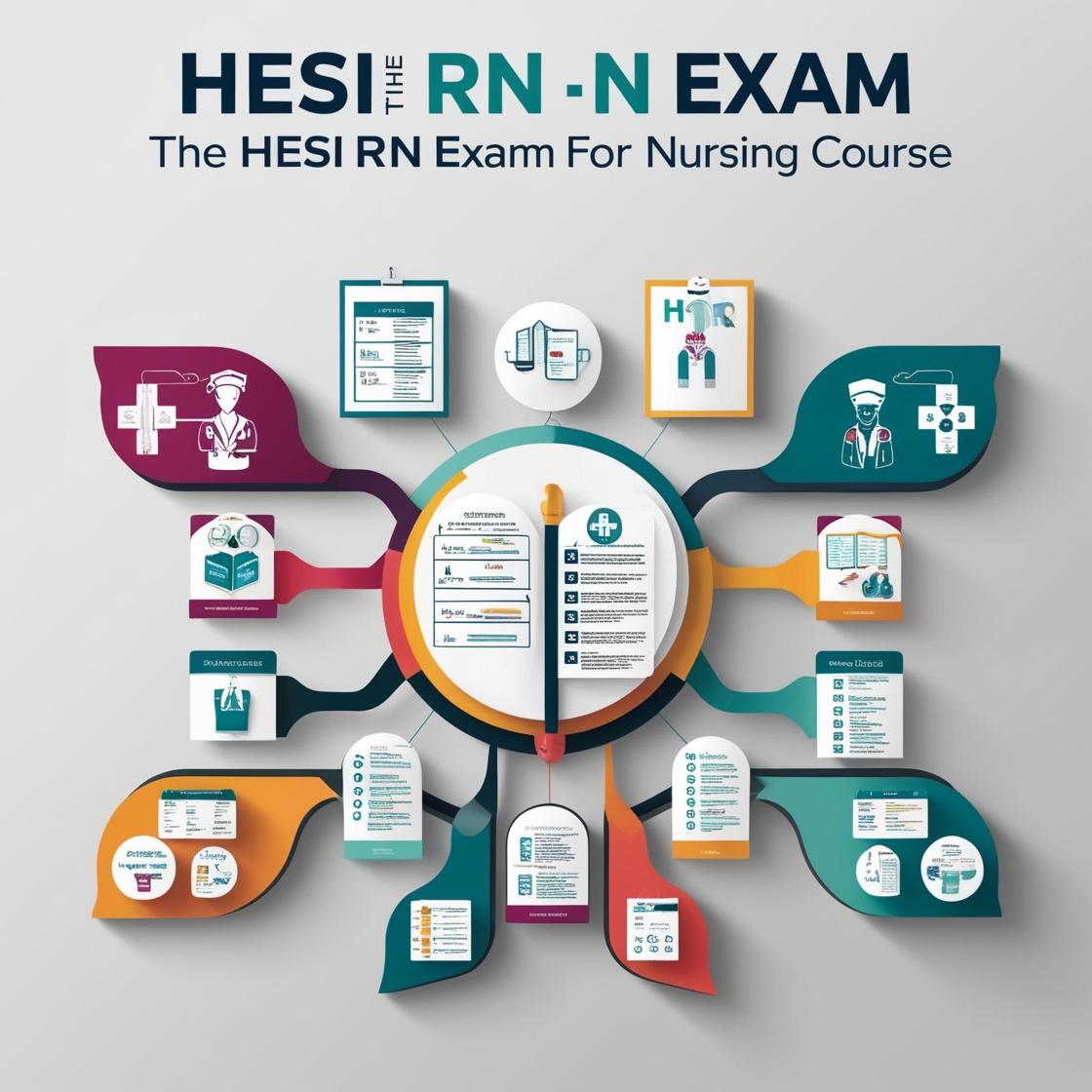HESI RN
HESI Fundamentals Practice Test
1. The healthcare provider receives a report that a client with an indwelling urinary catheter has an output of 150 mL for the previous 6-hour shift. Which intervention should the healthcare provider implement first?
- A. Check the drainage tubing for a kink
- B. Review the intake and output record
- C. Notify the healthcare provider
- D. Give the client 8 oz of water to drink
Correct answer: A
Rationale: The first intervention should be to check the drainage tubing for a kink. This step is crucial as any kinks in the tubing could obstruct urine flow, leading to a decreased output. By ensuring the tubing is free from any obstructions, the healthcare provider can address a potential mechanical issue causing the low output before considering other interventions. Reviewing the intake and output record may provide valuable information but should come after ensuring the tubing is clear. Notifying the healthcare provider can be done later if needed, but the immediate concern is to check for any obstructions. Giving the client water to drink may be necessary depending on the assessment findings, but addressing a possible kink in the tubing takes precedence.
2. When entering the room of an adult male, the nurse finds that the client is very anxious. Before providing care, what action should the nurse take first?
- A. Divert the client’s attention
- B. Call for additional help from staff
- C. Document the planned action
- D. Re-assess the client's situation
Correct answer: D
Rationale: Before providing care to an anxious client, it is crucial for the nurse to first re-assess the client's situation. By re-assessing, the nurse can understand the underlying cause of the client's anxiety, which will help in tailoring appropriate care interventions. Re-assessment ensures that care provided is individualized and addresses the client's specific needs, promoting effective and client-centered care delivery. Diverting the client’s attention (Choice A) may not address the root cause of the anxiety. Calling for additional help (Choice B) may be necessary in some situations but should not be the first action. Documenting the planned action (Choice C) should come after re-assessing the client's situation to ensure accurate documentation based on the current assessment.
3. A client has a nursing diagnosis of 'spiritual distress.' What intervention is best for the nurse to implement when caring for this client?
- A. Use distraction techniques during times of spiritual stress and crisis.
- B. Reassure the client that their faith will be regained with time and support.
- C. Consult with the staff chaplain and request that the chaplain visit with the client.
- D. Use reflective listening techniques when the client expresses spiritual doubts.
Correct answer: D
Rationale: When a client is going through spiritual distress, employing reflective listening techniques is crucial. This method allows the client to voice their concerns and emotions, providing them with a supportive environment to explore their feelings. Options A and B do not directly address the client's spiritual distress and may undermine the client's feelings. While option C involves a chaplain, using reflective listening directly involves the nurse in addressing and supporting the client's spiritual concerns.
4. You are assigned to teach a student how to suction an adult patient with a tracheostomy. Which of the following actions by the student would be incorrect?
- A. Pre-oxygenating the patient with a Resuscibag at 100% O2 several times before suctioning.
- B. Maintaining wall suction pressure at 110-150 mmHg.
- C. Not suctioning for greater than 10-15 seconds at a time.
- D. Applying gentle intermittent pressure and rotating the catheter during the insertion phase of suctioning.
Correct answer: D
Rationale: The incorrect action by the student is applying gentle intermittent pressure and rotating the catheter during the insertion phase of suctioning. This technique can cause trauma to the tracheal walls, increasing the risk of injury to the patient. It is essential to perform suctioning gently and without rotation to prevent complications in patients with a tracheostomy. Pre-oxygenating the patient, maintaining appropriate suction pressure, and limiting suctioning time are all correct actions when suctioning a patient with a tracheostomy.
5. While reviewing the side effects of a newly prescribed medication, a 72-year-old client notes that one of the side effects is a reduction in sexual drive. Which is the best response by the nurse?
- A. How will this affect your present sexual activity?
- B. How active is your current sex life?
- C. How has your sex life changed as you have become older?
- D. Tell me about your sexual needs as an older adult.
Correct answer: A
Rationale: Option A is the best response as it directly addresses the client's concern about the reduction in sexual drive caused by the medication. It encourages the client to express their thoughts and feelings about how this side effect may impact their current sexual activity, facilitating open communication and understanding between the nurse and the client. Choices B, C, and D are not as appropriate as they do not directly address the client's immediate concern regarding the impact of the medication on their sexual drive.
Similar Questions

Access More Features
HESI RN Basic
$69.99/ 30 days
- 50,000 Questions with answers
- All HESI courses Coverage
- 30 days access @ $69.99
HESI RN Premium
$149.99/ 90 days
- 50,000 Questions with answers
- All HESI courses Coverage
- 30 days access @ $149.99
